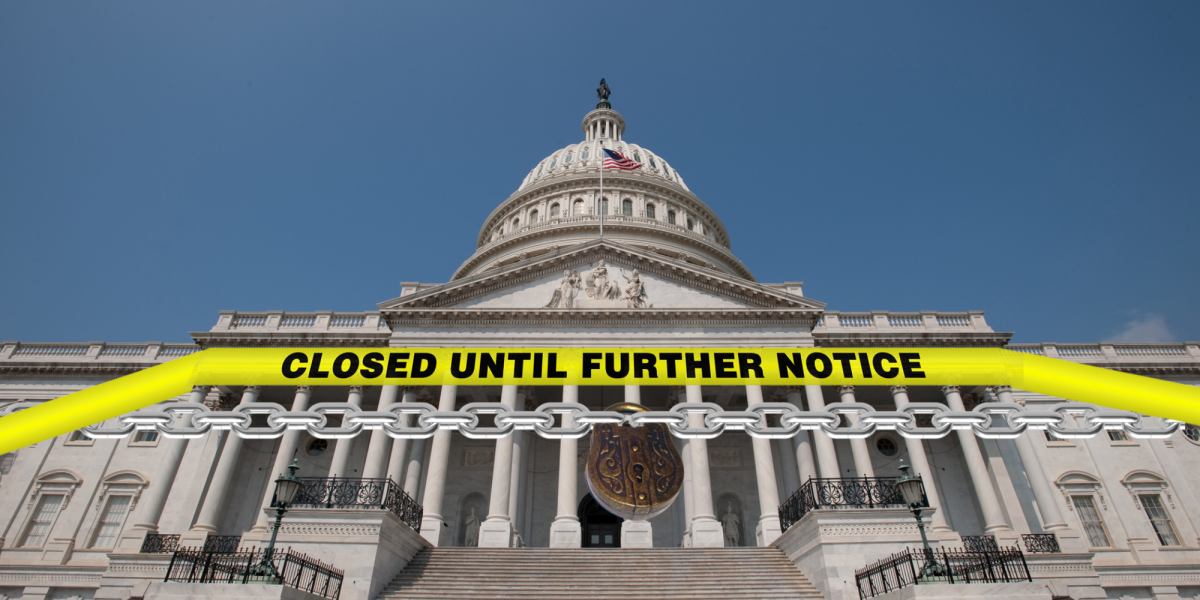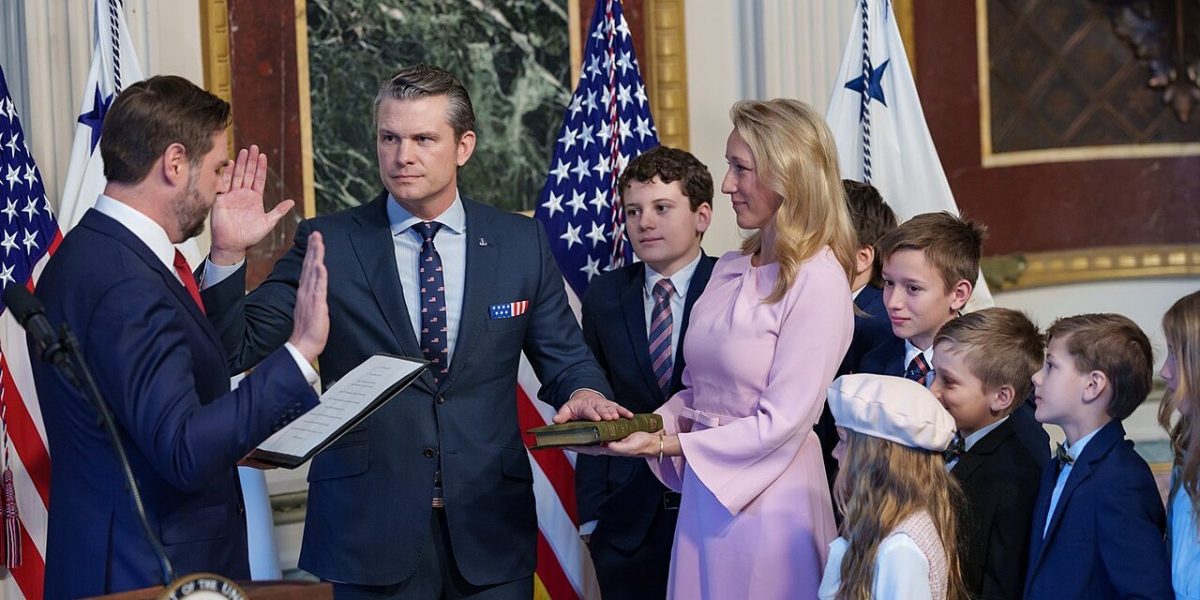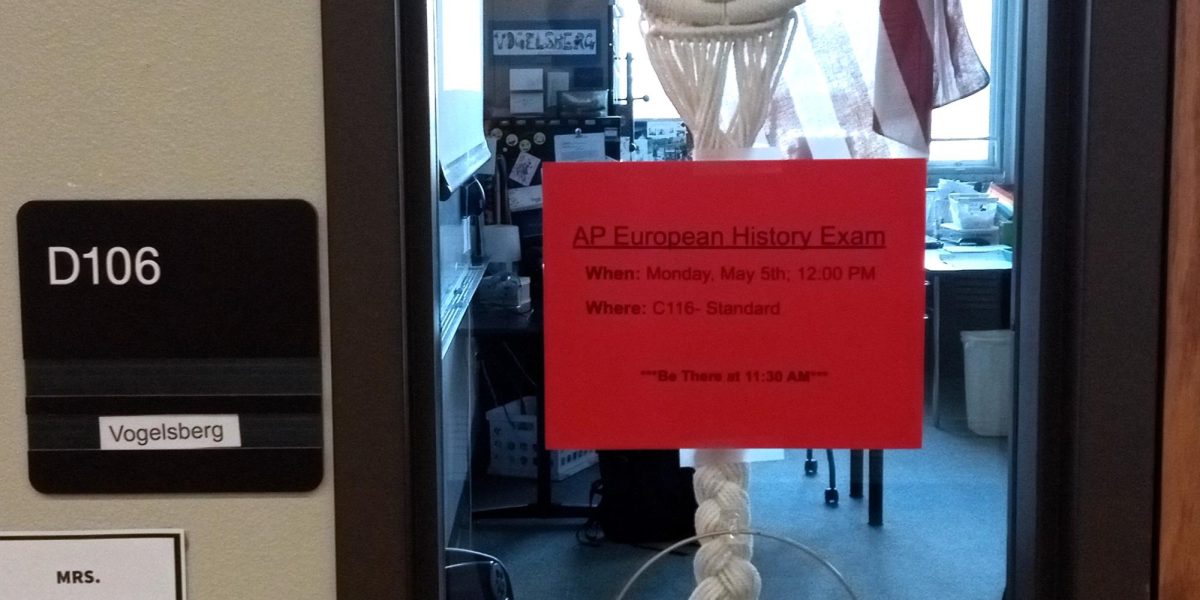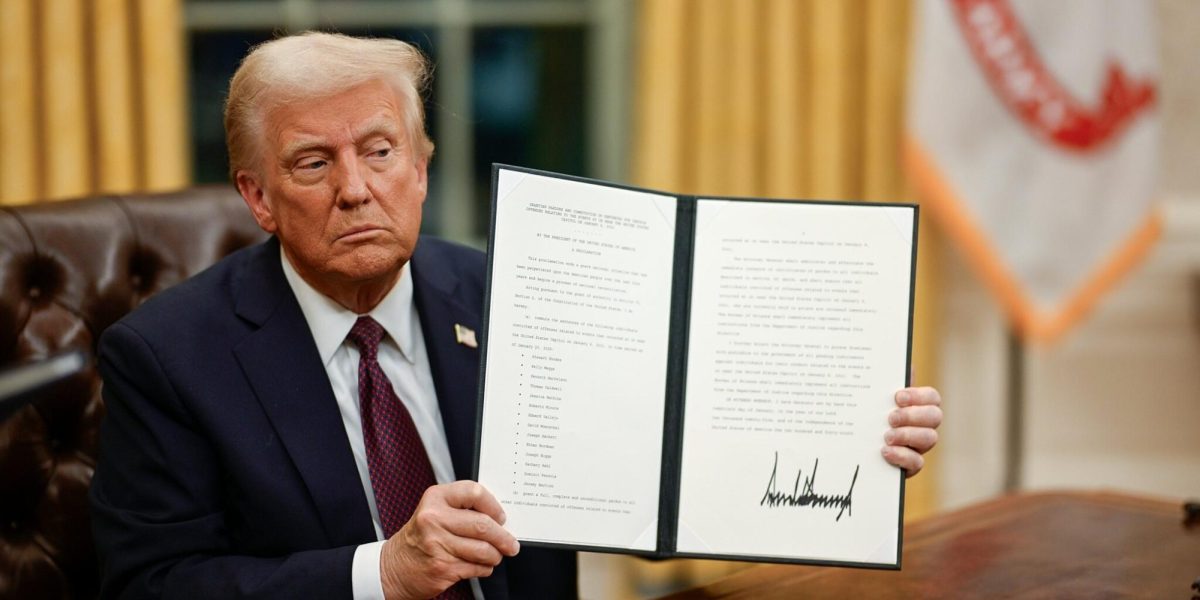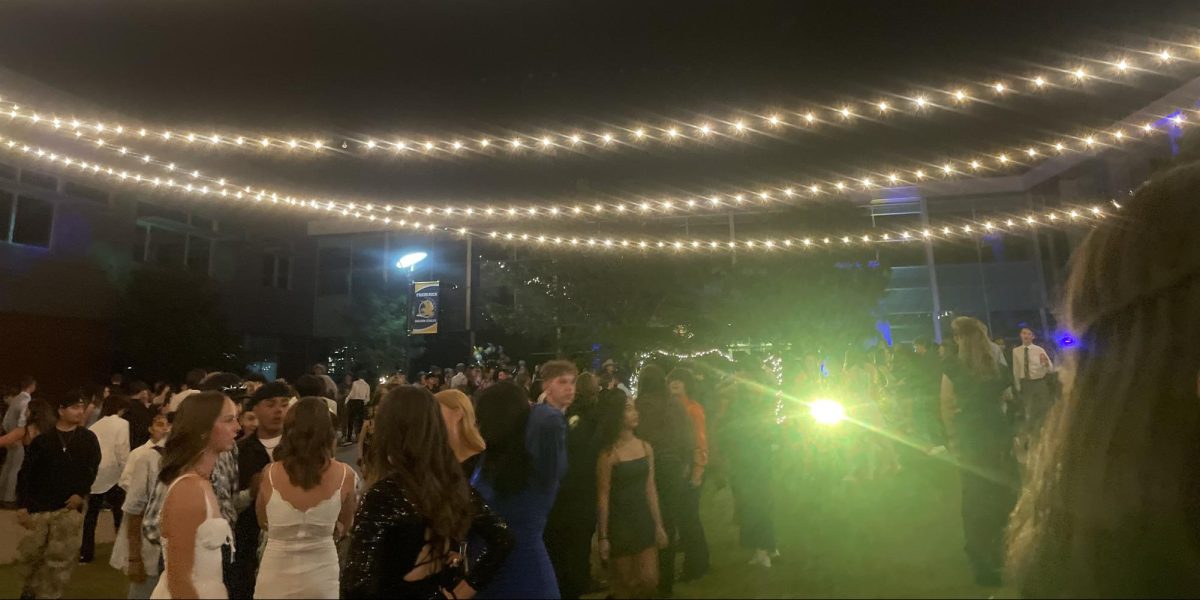In an extraordinary breach of security, sensitive military plans for U.S. operations in Yemen were leaked to a journalist via the messaging app, Signal. The leak, which occurred earlier this week, has raised serious questions about the reliability of just what is going to happen and how the government is going to respond to it.
What was intended to be a private conversation between senior military officials and President Donald Trump quickly spiraled into a public disclosure after journalist, Jeffrey Goldberg, was mistakenly included in a group chat, receiving detailed information about ongoing strategies in Yemen’s conflict.
The incident has prompted immediate calls for increased security protocols, especially as geopolitical tensions continue to escalate. But one question remains: how could this have happened?
Goldberg was presumed it would’ve been a normal day, but when he got the text, things were far from normal. On March 15, 2 p.m. eastern time, the word of a potential bombing in Yemen came to the attention of the world.
Goldberg, however, knew of this attack just two hours before the first bomb was deployed, when at exactly 11: 44 a.m., the secretary of defense, Pete Hegseth, had texted him with precise information about the weapons packages, targets, and timing.
With Goldberg completely confused on why he was added to this chain of texts, which was reported on the common app of messaging called Signal, he began to write an article based on the messages and just what they explained and how this entire situation started.
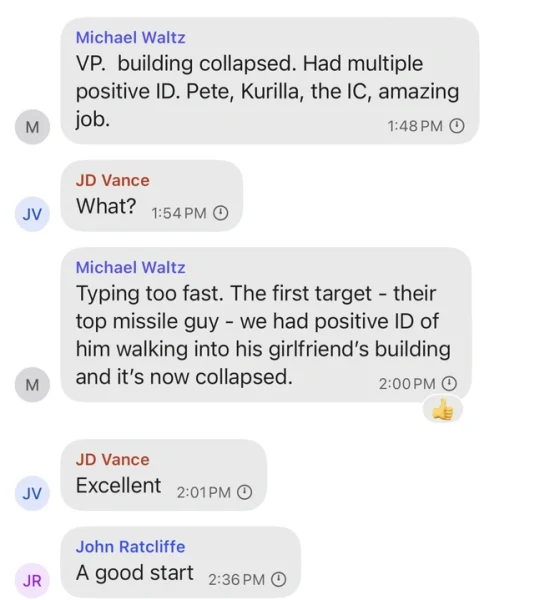
Back in October of 2023, the Hamas invasion of southern Israel was announced. The Houthis—which were an Iran-backed terrorist organization whose moto had been “God is great, death to America, death to Israel, curse on the Jews, victor to Islam”—had soon launched attacks on Israel as well as international shipping, creating a large situation for global trade.
While Former President Joe Biden was in office in 2024, the administration didn’t retaliate with these attacks, not wanting to further anger them, that all changed when President Donald Trump’s administration promised a rougher response.
Then on Tuesday, March 11, Goldberg received a connection request on Signal from a user named Michael Waltz; since Signal is used mostly for communication with journalists and others who request privacy for delivering information, he naturally assumed that this Michael Waltz was the real deal, but why did he message him? Goldberg came to the conclusion that he was being entrapped and that someone could be impersonating him.
With both thoughts in mind, he accepted the message request in hopes it was the actual national security adviser, and that perhaps he wanted to speak about Ukraine, or Iran, or any important issues.
Two days later, on Thursday at 4:28 p.m., he received yet another notification to be included into a group chat on the same app called the “Houthi PC small group”.
Having no idea what it was, he opened the conversation and saw the same Michael Waltz sending a message that read “Team – establishing a principle [sic] group for coordination on Houthis, particularly for over the next 72 hours. My deputy Alex Wong is pulling together a tiger team at deputies/agency Chief or Staff level following up from the meeting in the Sit Room this morning for action items and will be sending that out later this evening.” … “Pls provide the best staff POC from your team for us to coordinate with over the next couple days and over the weekend. Thx.”
Goldberg later stated that “I have never been invited to a White House principals-committee meeting, and that in my many years of reporting on national-security matters, I had never heard of one being convened over a commercial messaging app.”
Soon after that first message, other members of the chat began to speak of their own opinions. These members are Secretary of State Marco Antonio Rubio, JD Vance, Tulsi Gabbard, Treasury Secretary Scott Bessent, Pete Hegseth, and another person called Brian. In all, there were 18 individuals in the group, which also included President Trump’s Middle East and Ukraine negotiator, Steve Witkoff. Goldberg only appeared on the chat as his initials, “JG.”
These messages continued on for a few days, each day, the messages got stranger and stranger. On Monday, when the article was out for the world to read, a reporter was seen asking the secretary of defense, Pete Hegseth, on why he had shared the plans about a forthcoming attack on Yemen from the app.
He simply answered, “Nobody was texting war plans. And that’s all I have to say about that.” But when it was found at a Senate hearing that he was clearly lying, President Donald Trump was asked about the chat, to which he said, “It wasn’t classified information.”
So, what’s going to happen now? It would be on everyone’s minds that someone, or several people, would be fired because of this, especially since it violates the Espionage Act. But based on how this has been the leading story in recent weeks, it seems that the administration might just do nothing.
And if someone were to be fired over this matter, it would most likely be national security adviser, Mike Waltz, since he had been the one who accidentally invited Goldberg to the chat. Whether that is what happens or something else, it’s clear that President Trump’s administrators might be done using Signal for crossing over information.


















